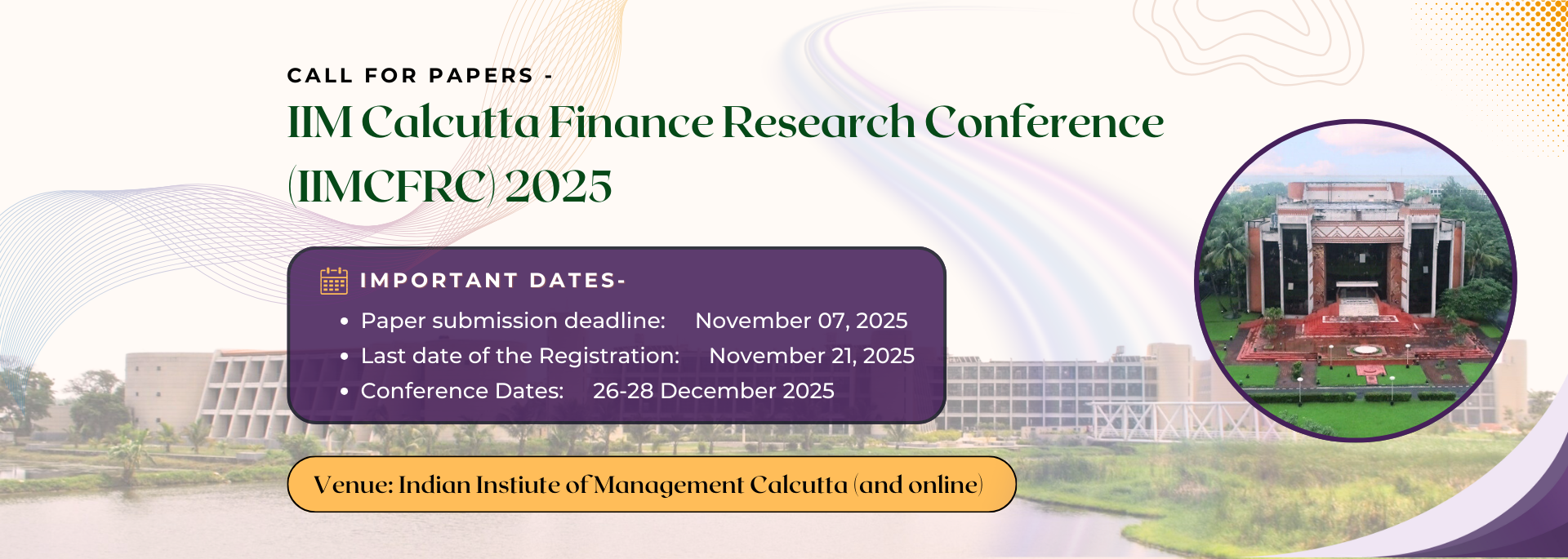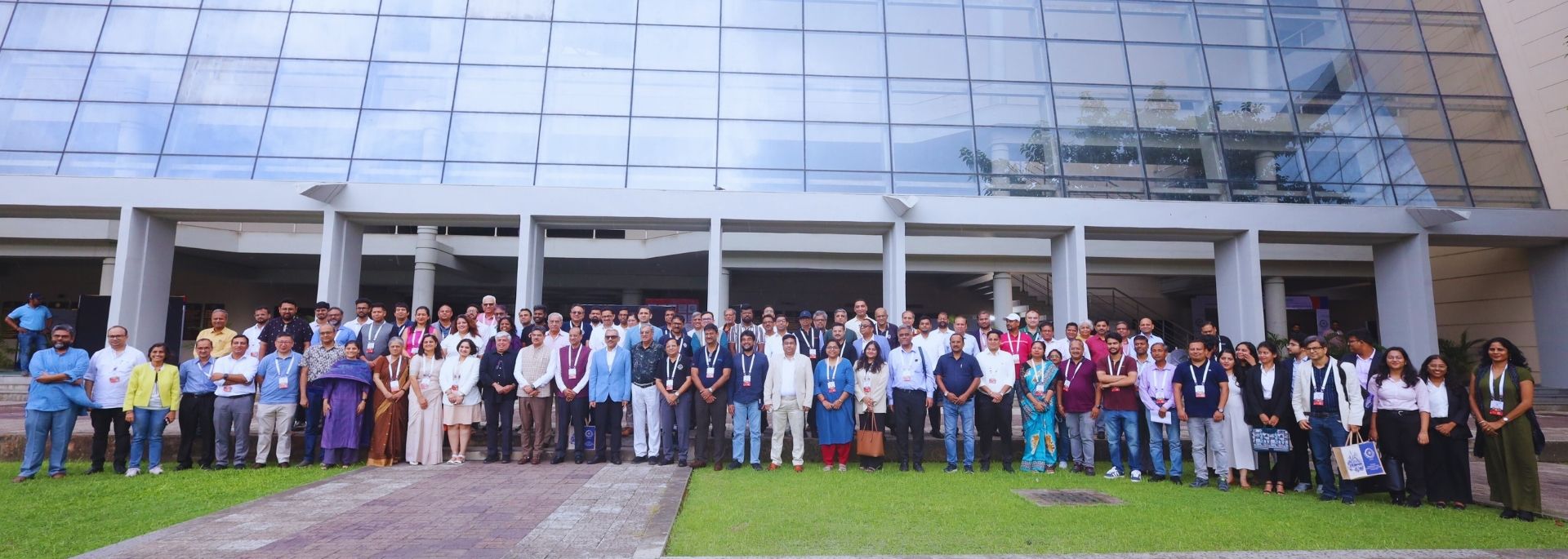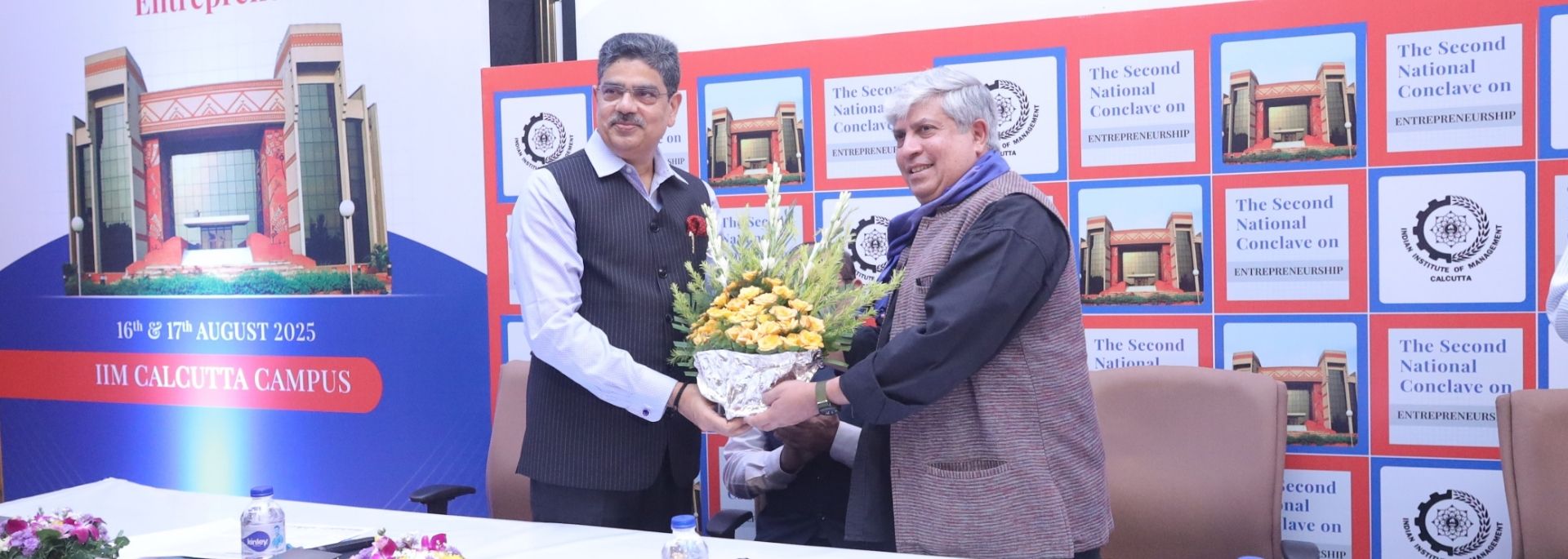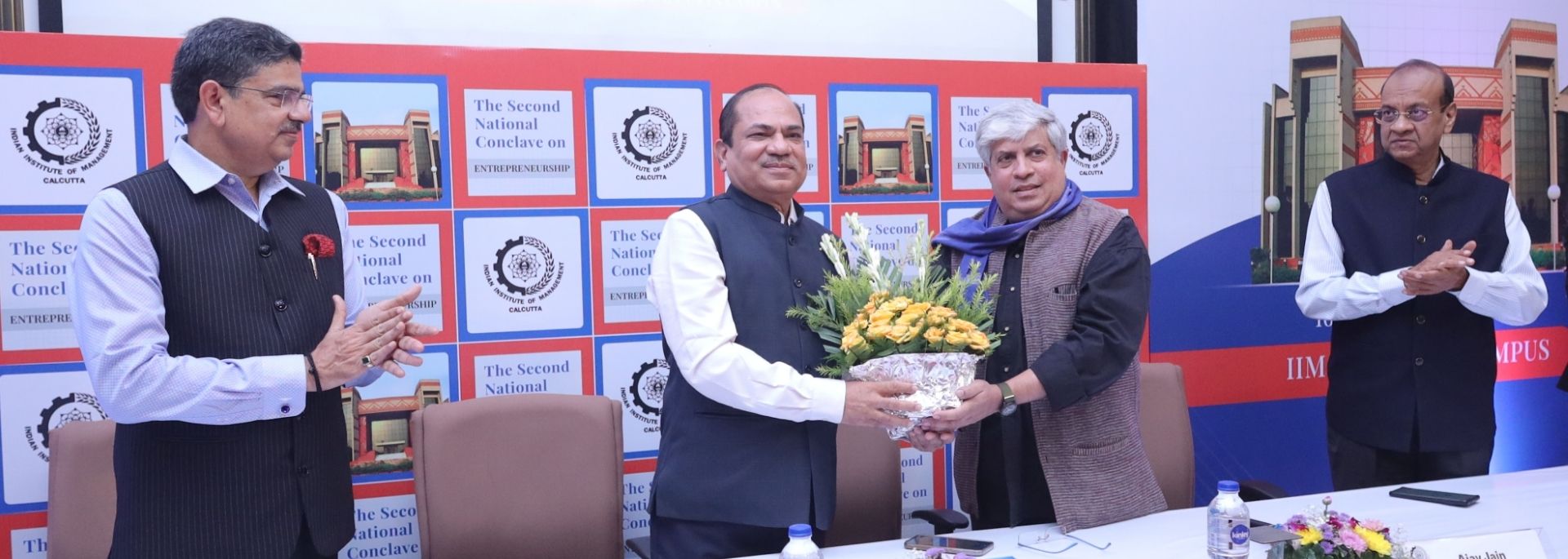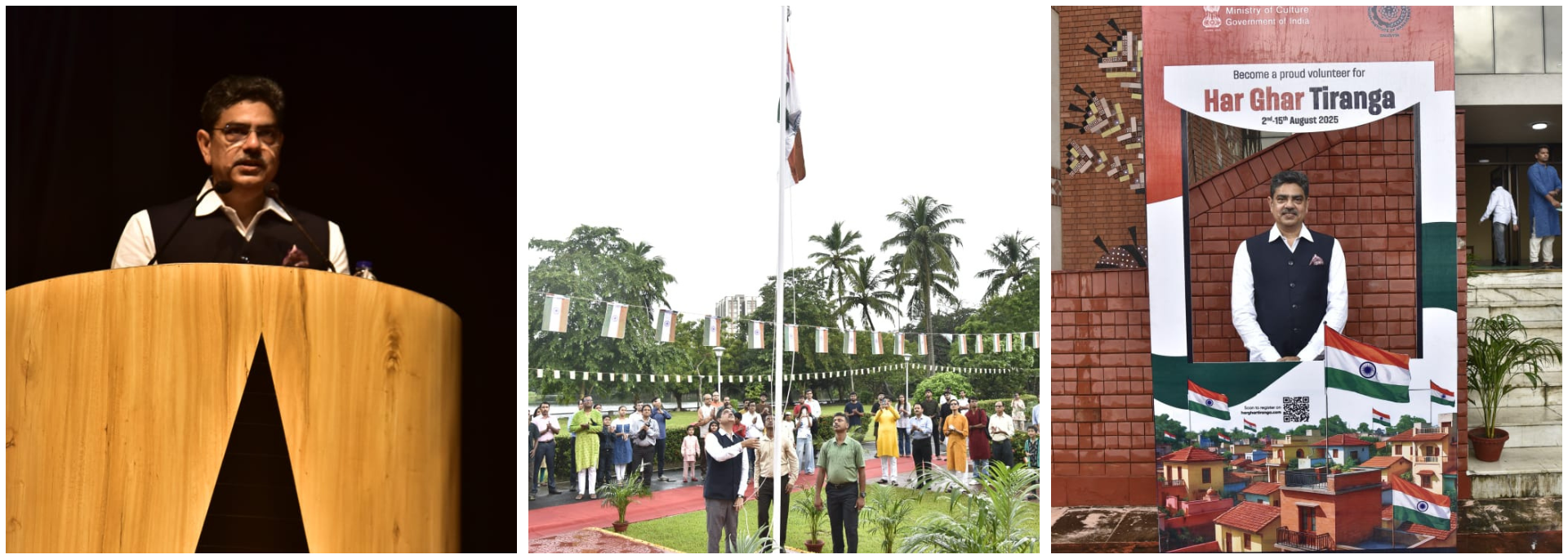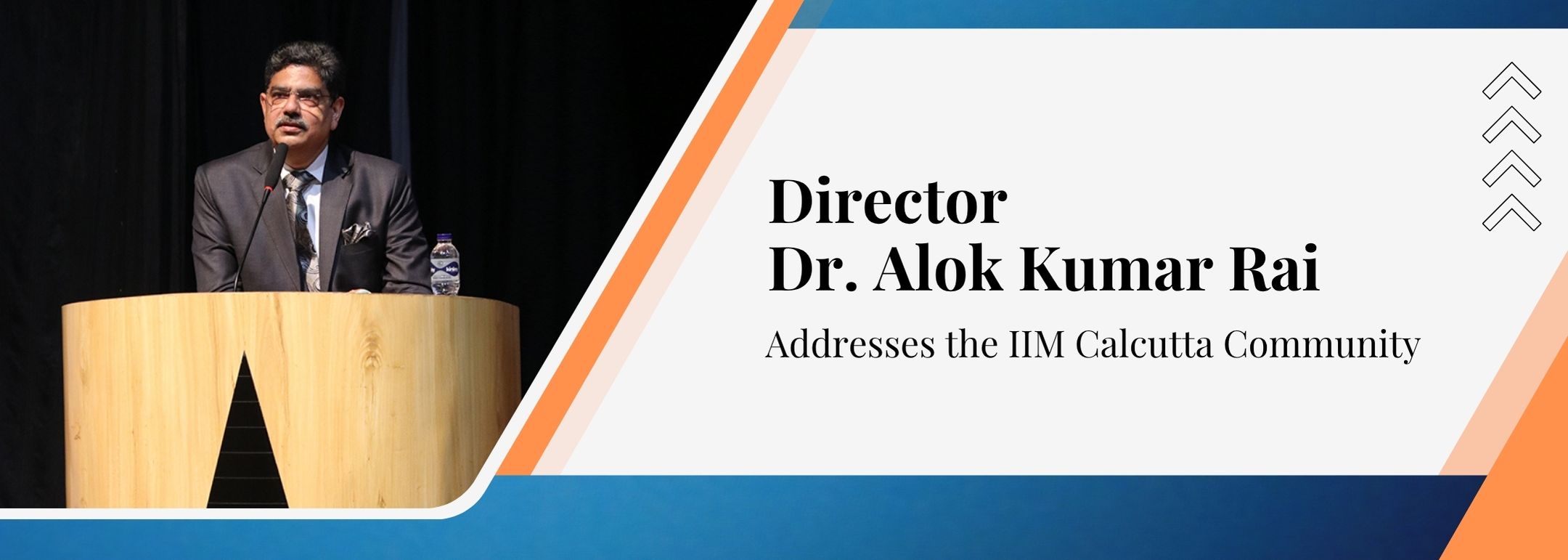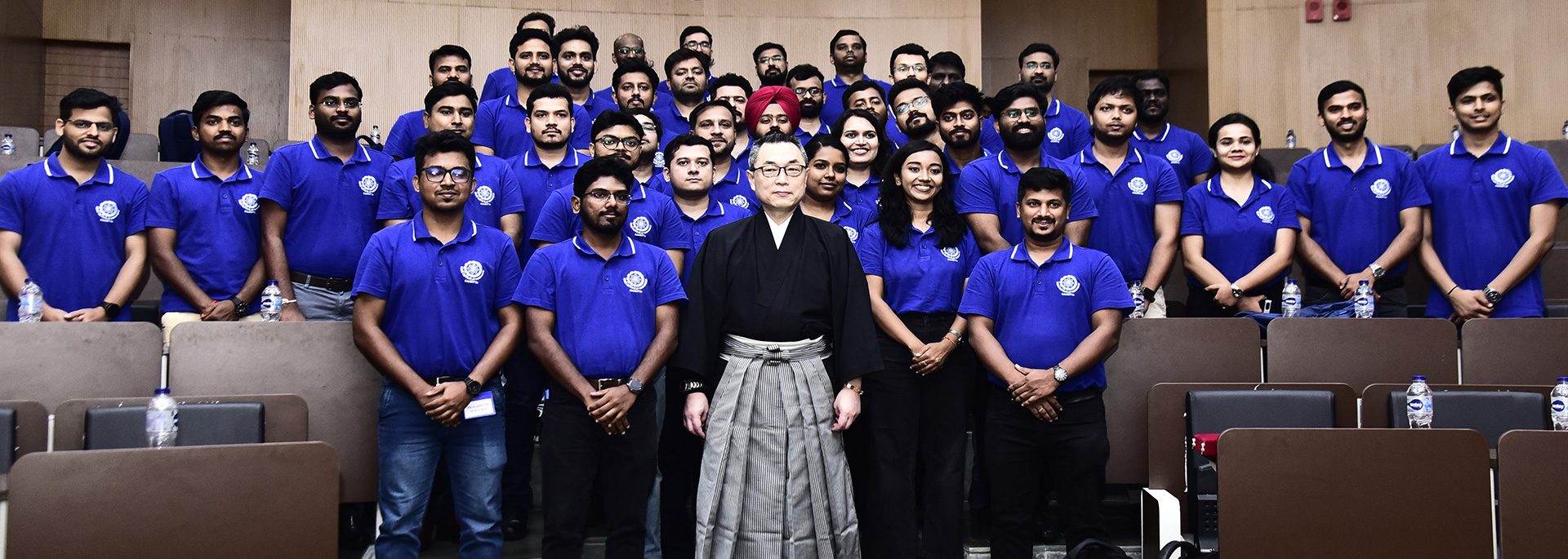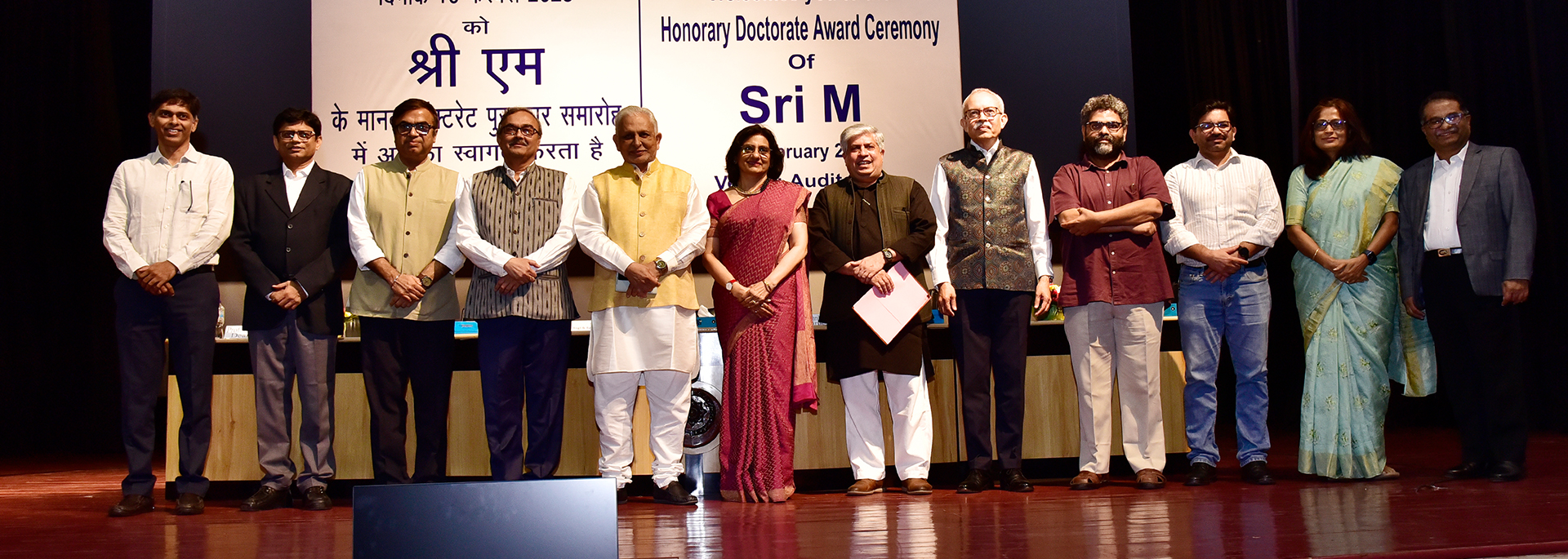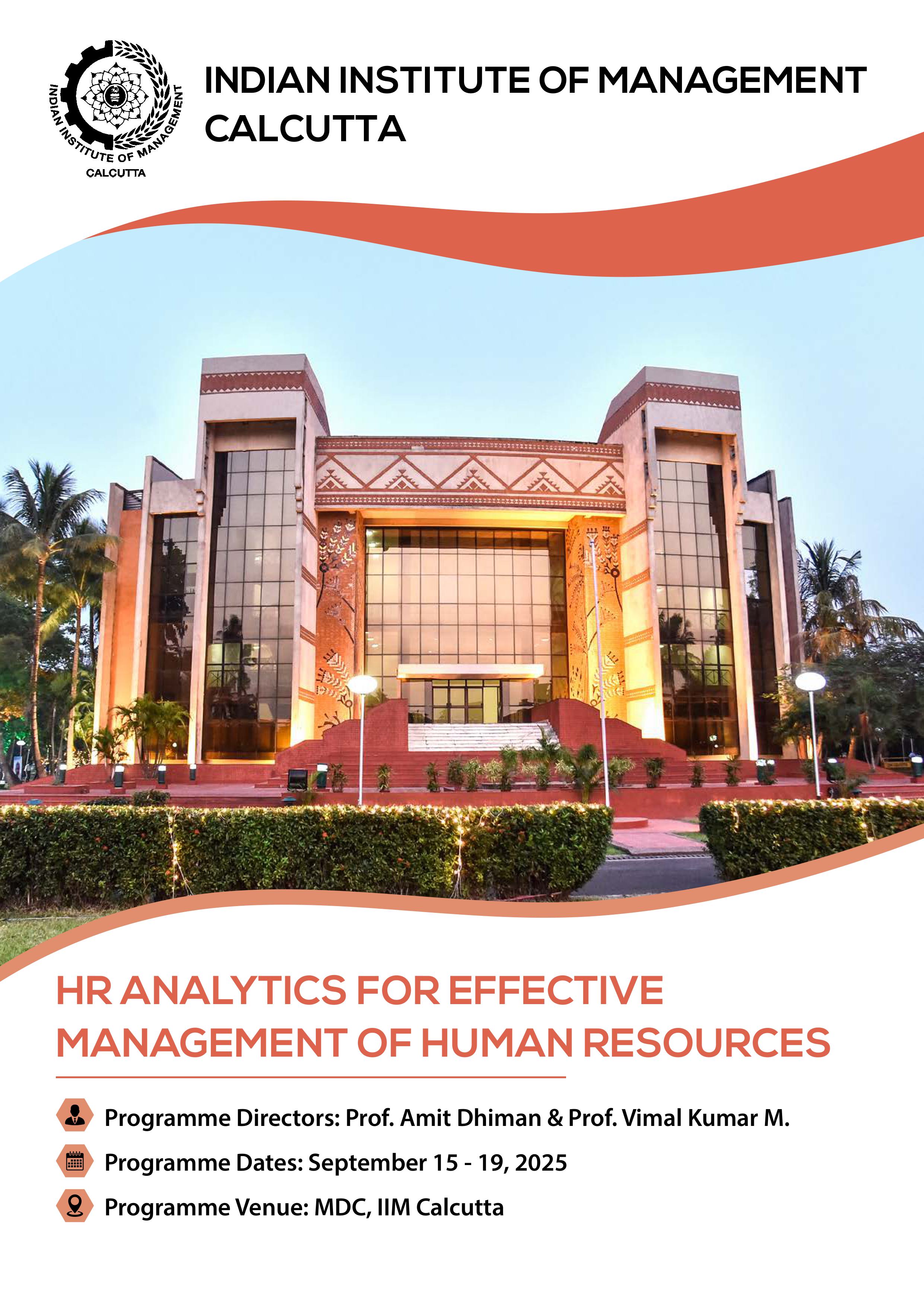Programme Overview
There is an increasing trend among organizations towards data-driven decision-making, with the assistance of novel analytical techniques. Human Resources Management is no exception to this, and ‘HR analytics’ encompasses all those data-driven decisionmaking about people issues in an organization. The increasing use of information technology in organizations generates a massive amount of data about people, processes, business, and context. This should, ideally, enable a detailed analysis of HR policies, practices, and procedures of the organization and help ascertain whether they align with the organizational strategy and purpose.
The areas covered under HR analytics include but are not restricted to, descriptive analysis (for example, analyzing the attrition data to derive insights about retention strategies), predictive analysis (for example, analyzing performance data to predict the future performance of a newcomer), and prescriptive analysis. This programme intends to provide a glimpse of the scope and implications of HR analytics towards assessing, designing, and transforming HR systems and processes based on substantial evidence and data, thus enhancing the alignment between HR operations and strategy.
- HRM system, HR policy making, and fit analysis
- HR Analytics – Approach
- HR diagnostics – predictive attrition analytics, feedback mechanisms including survey analytics, analyzing gaps between policy and implementation.
- People planning analytics – Demand and Supply functions, succession planning, HR stock and flow problem.
- Recruitment and selection data analytics – predictive analytics and cost optimization of selection methods.
- Training analytics – assessing training effectiveness. Reliability and validity concerns in HR analytics.
- Employee performance data analytics – predicting hi-pots, normalization (bell curve) concerns, diagnosing causes of success or failures.
- Analytics to understand compensation decisions in organizations
- Diversity Management Analytics
- Employee voice analytics - text analytics
- Ethical issues in HR analytics
Key Topics
- Introduce participants to use cases of descriptive analytics, prescriptive analytics, predictive analytics, and optimization in the domain of HRM.
- Demonstrate through hands-on experience the application of HR analytics to critical HR problems in people planning, recruitment, and selection, compensation and rewards, performance appraisals, employee - voice, and diversity management.
- Expose participants to selective and relevant applications of analytics drawing from data science/ statistics, psychometrics, qualitative text analytics, and IT.
Programme Directors
Who May Attend
The programme will be helpful for both HR managers and non-HR managers who aim to understand the application of analytics to HRM problems. While experience is not a constraint to attending the programme, the participants who have spent a minimum of 4-5 years in the industry, not necessarily in HRM roles, will benefit more from the programme.
Programme Duration and Delivery
- From the morning of September 15, 2025 till the afternoon of September 19, 2025
- Face to face - classroom based
Pedagogy
The approach to discussing these topics is essentially multi-disciplinary, bringing together the core human resource management knowledge and experience, a basic understanding of relevant data science, and developments in information technology. Specifically, the approach to analytics will involve basic and established statistical methods, psychometric methods, modern big data analytics, data scrapping, machine learning methods, and qualitative text analytics. The use cases of fundamental approaches of data - descriptive analysis, prescriptive analysis, predictive analysis, and explanation will be covered. Further, the topics are discussed from the user’s perspective, focusing on application and minimizing time spent on underlying theories.
The pedagogy will involve hands-on exercises using various analytical methods to analyze data, including qualitative data, using analytical software. The content would also include necessary inputs on statistics of analytical methods used. Pedagogy would involve the use of real-life cases and examples. The pedagogical approach will try to touch upon the following essential aspects of problem-solving through analytics:
- Understanding the Context
- HR Problem Definition (Asking the right question)
- Translating HR Problem into Analytics Problem
- Hypothesizing
- Collecting Relevant Data
- EDA and data cleaning
- Modeling (including Descriptive and Predictive Analytical methods)
- Evaluating including (Robustness, Reliability and Validity)
- Communicating
- Interventions
The faculty typically will be drawn from Human Resource Management, Statistics, Data Science, and Information Systems disciplines at IIM Calcutta.
How to Apply
- You can apply/nominate your personnel by clicking on the “Apply Now” link corresponding to the particular MDP, as appearing on our online calendar available at: https://iimcal.ac.in/mdp/mdp-calendar
- Once the candidature(s) is (are) approved, the sponsoring authority or participant (in case of self-nomination) will be intimated over email along with a Proforma Invoice seeking programme fees in advance.
- Programme fees can be remitted online through Electronic Fund Transfer (NEFT/RTGS).
- Upon remitting the fees online, kindly intimate Executive Education Office with the UTRNo. /relevant transaction details through email, so that we can connect your remittance to your nomination(s). Please note that confirmation of participation is subject to receipt of Programme fees by CMDP Office before commencement of the MDP.
For further assistance, please connect with:
Name: Ms. Payel Majumder
Number: +91 33 7121 6012
Email ID: program_mdp[at]iimcal[dot]ac[dot]in





